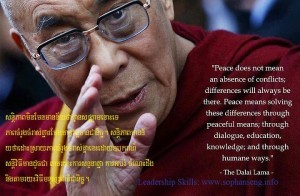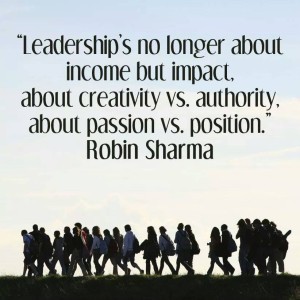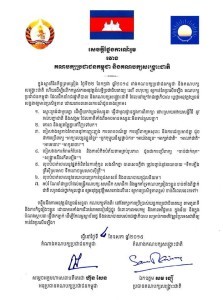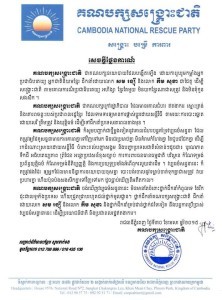This part, the author Mr. Sophan Seng, articulated on “Culture of Dialogue” that has been so popular in Cambodia politics at the present by exposing this new paradigm as realistic to the world’s changing and Cambodia modern geopolitics.
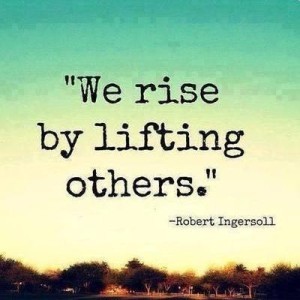 Thus, the culture of dialogue is in good timeframe to debate about healing processes of Khmer trauma by exposing more truth through talking and storytelling about it.
Thus, the culture of dialogue is in good timeframe to debate about healing processes of Khmer trauma by exposing more truth through talking and storytelling about it.
In conclusion, to end the culture of revenge, animosity and enmity among Cambodian people, the means to encourage communication must be incentivized, and culture of dialogue is the essential mean among them all.

